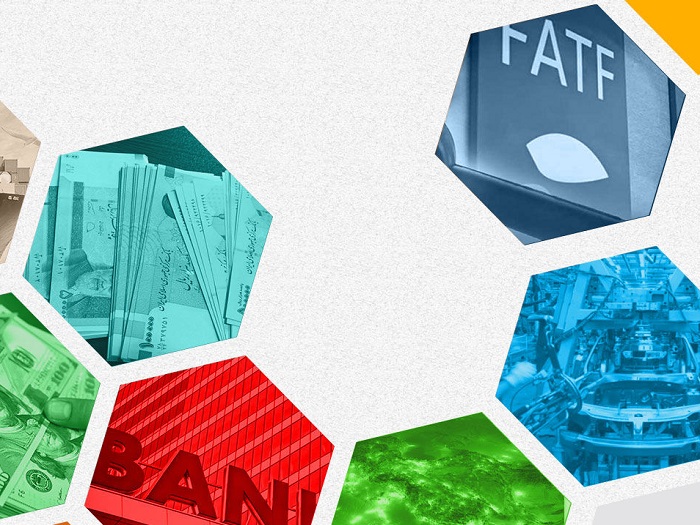Acceptance of the FATF is a step towards easing economic constraints

The most important economic constraint on Iran these days is the unilateral and oppressive US sanctions, which, although the FATF ratification does not change the situation, but economic experts believe that this resolution could be an important step in reducing the country's economic constraints.
According to the International Iranian Stone Exhibition, the announcement of the re-examination of the FATF bills in the Expediency Council with the permission of the Supreme Leader of the Revolution has been welcomed by a wide range of economic experts and banking activists.
"In any case, our country must get out of this economic pressure that has been created for it, and joining the FATF is a step to reduce this pressure," said Meysam Radpour, a financial market expert, while positively describing the move.
He added: "In the current problems of the country, the obstacles and pressures of US sanctions play an important role. In other words, sanctions create far wider and more general restrictions than what, for example, being on the FATF blacklist creates for us." has done. However, we should not lose sight of the fact that in the same conditions of sanctions, some international banks that were willing to exchange money with Iran and at least transactions between Iranian economic actors and abroad took place in this way. Unfortunately, after Iran's name was included in the FATF list of high-risk countries, the same banks also refused to exchange money with the Iranian side.
The university lecturer continued: "Unfortunately, addressing the FATF bills in our country is in the midst of political competition, and the fact that it is said that if you join this organization, the country's financial information will be provided to the enemy, can not be justified." As we know, more than 190 countries have joined this international organization, countries that are very different in terms of politics and governance structure, but membership in this organization has not been a problem for them. But by making these excuses and not joining this organization, we want to show ourselves differently from the usual routine of other countries, and the result of this is only to create more restrictions for the country.
He continued: "It is very important to note that although our banking system is not in poor financial condition on a global scale, but unfortunately due to the politicization of the FATF at home, things have happened in a way that today North Korea is one of the only countries in the world that has a very risky banking system. Therefore, the most important step should be to start building global trust by leaving the blacklist of this organization.
He continued: "The most important goal of the FATF is to fight money laundering." This has been well pursued in our country in recent years, and the Central Bank has taken serious steps in this regard, which is commendable. Our banking system these days, even compared to 5 years ago, has made acceptable progress in this area. The Iranian banking system no longer accepts any money from an unknown source, and if the exchange figures are significant, the Anti-Money Laundering Committee will intervene and prevent the transaction until the financial resources are clear. The Central Bank has taken many of the necessary steps in the fight against money laundering, and joining this international organization will not be a serious problem from the perspective of the country's banking system.
Radpour added: "Certainly, there must be internal will to fight corruption and money laundering, and joining international organizations such as the FATF and monitoring them can not prevent money laundering in a country." In our neighborhood, we face countries such as Pakistan and Afghanistan that have joined the WTO but have not been able to eliminate smuggling and money laundering within their own countries.
The financial market expert concluded: "Failure to pass the FATF bills in the face of severe sanctions has deprived us of the minimum opportunities for financial dealings with global banks, but today, with the review of these bills in the Expediency Council, there is an opportunity." To get rid of this limitation. The importance of this issue is that even if the new US administration returns to Burjam and lifts sanctions, but we are still on the FATF blacklist, problems with financial relations with world banks will remain as they are today.
* IRNA










